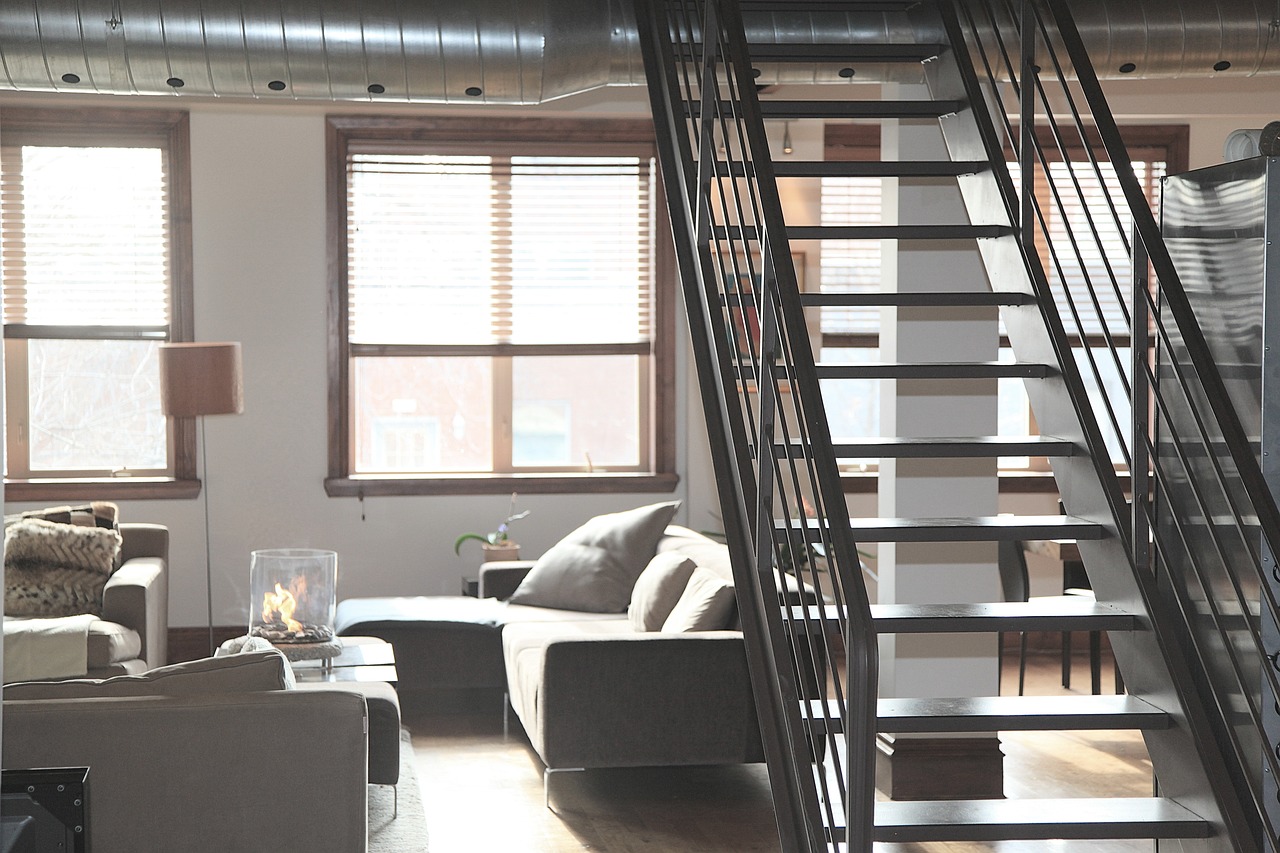
Taking a step-by-step approach to thinking, the responsible way to live is to be ready for unforeseen situations. Those who live in cities and prepare for emergencies while residing in apartments will encounter distinct difficulties. Limited space, communal resources, and living in close proximity to others require a customized method for preparing. In this guide, we will examine crucial advice and tactics specifically crafted for apartment preppers, assisting you in confidently managing urban survival.
Embrace Minimalism and Prioritize Essentials
For the apartment prepper, space is valuable and it is crucial to have a minimalist approach to prepping. The main focus should be on gathering the necessary items that will support you in emergency situations. Begin by creating a list of absolute essentials such as food, water, medical supplies, and tools. Choose compact and versatile items to save space, including a foldable multi-tool, a compact first aid kit, and efficient water purification options.
Ensure that you have emergency supplies handy in your apartment.
A five-gallon plastic bucket with a lid can be utilized as a storage container, a water bucket, or even as an emergency toilet. If your toilet is still operational, the bucket can be employed for transporting water to refill the tank. Additionally, you can store numerous survival tools in the bucket until they are required. It is essential for every apartment to possess a reliable bucket; however, most do not have one.
When thinking systematically, spare batteries, additional toilet paper, and paper towels are obvious essentials. By compressing paper towels and toilet paper, you can minimize the weight while obtaining significant benefits. It is important to bear in mind that during evacuations, individuals often forget about toilet paper due to the rush, hence it is crucial to prioritize it.
When backpacking, it is important to have a portable stove that is lightweight. This stove will allow you to cook food and boil water. It is essential to remember that any stove using a flame will produce carbon monoxide, so ensure that the area where you are cooking is well ventilated near an open window. Additionally, it is crucial to have a readily available fuel supply. Propane canisters may be difficult to find, whereas denatured alcohol is more easily accessible. To find potential fuel sources, consider visiting local hardware, home improvement, and backpacking stores and ensure that you have enough fuel stocked up.
When packing dehydrated food, ensure that you have enough for three days per person. You can relax about spoilage since certain dehydrated foods can last 10 to 15 years. Opt for dried food that only requires water and does not require lengthy simmering. Nowadays, there are plenty of delicious meal options available. Seek out varieties that do not contain any preservatives or additives.
When considering a flashlight, keep in mind that batteries will eventually lose their power, thus it is wise to opt for a rechargeable alternative. In the event of a power outage, a cranked flashlight will prove beneficial as it can be easily recharged. Depending on the location, solar-powered lighting tools or generators may be viable options. Nowadays, there is a wide range of solar technology available, capable of fulfilling most of your energy demands for several days.
Interior lighting may present a significant challenge, particularly throughout the winter season when darkness falls around 5:30 p.m. Visit thrift stores to acquire any available candles and consider utilizing kerosene or oil lamps as an alternative. Additionally, hardware stores offer small oil candles that can provide several days of continuous burning.
To ensure you have water in case of a power outage, consider obtaining collapsible plastic jugs with a five-gallon capacity. It is essential to plan for at least one gallon of drinking water per person per day. It is even more convenient if you can prepare and store a larger jug ahead of time, placing it at the bottom of your closet.
During a power outage, it is important to consider a water purification method as the quality of your water may become questionable. There is a wide variety of filters available in the market, and I have personally found the Sawyer filters to be effective.
Chemical water purification products are available, which are simple for everyone to utilize – they only require you to add them to water. I have personally relied on Polar Pure and Potable Aqua for a considerable period. It is crucial not to overlook this precautionary measure, as clean water is of utmost importance.
The safest method for purifying water is likely to boil it. When the water reaches the temperature of 212 degrees and is boiled for a short period, all organisms that can be killed by boiling are eliminated. Boiling water for longer durations does not increase its temperature or cleanliness.
A warm sleeping bag will enable you to sleep comfortably during the night. It is advisable to have extra blankets with you. You can make use of the power outage as an opportunity to go camping in the living room with someone dear to you. This unforgettable experience will provide you with stories to cherish for years.
Duct tape and visqueen can be used for various purposes. Duct tape serves multiple functions and when combined with the large visqueen sheets, you can use them to cover a broken window, divide a room, create an emergency shelter, and more.
Efficient Food Storage
Although it can be challenging, it is not impossible to store a sufficient amount of food in a small apartment. To optimize your food storage, take into account the following strategies:
- Canned Goods and Non-Perishables: Stock up on canned foods, dried fruits, nuts, and other non-perishable items. These items have a longer shelf life and require minimal space.
- Meal Rotation: Regularly consume and replace stored food to avoid wastage and keep your stockpile fresh.
- Vertical Storage: Utilize wall-mounted shelves, hanging organizers, and vertical racks to maximize your storage space.
- Bulk Storage: Invest in airtight containers for bulk items like rice, beans, and grains to prevent pests and prolong shelf life.
- Dehydrated Foods: Consider dehydrated meals, which take up minimal space and offer balanced nutrition.
- Community Efforts: Coordinate with neighbors for group food purchases and storage to optimize resources.
Security and Safety
Security is a major concern in urban environments due to their unpredictability during emergencies.
- Door Reinforcement: Strengthen your apartment door with security bars and reinforced locks to deter unauthorized access.
- Window Protection: Install window locks and consider reinforcing windows with security film to prevent break-ins.
- Emergency Contacts: Establish communication with neighbors and develop a system for sharing information during crises.
- Emergency Evacuation Plan: Familiarize yourself with emergency exit routes and assembly points in your building. Plan escape routes in case elevators are unavailable.
Energy Solutions
Maintaining survival situations can require the apartment prepper to have crucial access to power.
- Battery Bank: Invest in a portable battery bank to keep your devices charged when the grid is down.
- Solar Chargers: Portable solar panels can be a sustainable way to generate power for small devices.
- Power Outage Kit: Keep flashlights, candles, matches, and portable lanterns in an accessible location.
Community Building
The community is considered one of the most valuable assets within an apartment building.
- Neighborhood Network: Build relationships with neighbors to create a support network during emergencies. Share skills, resources, and knowledge.
- Community Meetings: Initiate or participate in apartment building meetings to discuss emergency preparedness and establish protocols.
- Skill Sharing: If you possess specific skills (first aid, gardening, etc.), offer to share your expertise with neighbors.
Adaptability and Flexibility
Being prepared is a continuous process that necessitates adaptability.
- Regular Check-Ins: Periodically review and update your emergency supplies to ensure they remain functional and within their expiration dates.
- Training and Education: Equip yourself with skills such as basic first aid, fire safety, and self-defense.
- Scenario Planning: Envision different emergency scenarios specific to urban living and develop plans for each situation.
Even if you live in an apartment, you don’t have to give up on being prepared. By planning carefully, being resourceful, and getting involved in your community, you can thrive in a city setting, even during difficult times. It’s important to remember that successful preparation in an apartment involves being minimalistic, adaptable, and promoting a strong community. By following these suggestions and approaches, you’ll be better prepared to handle any obstacles that arise.




